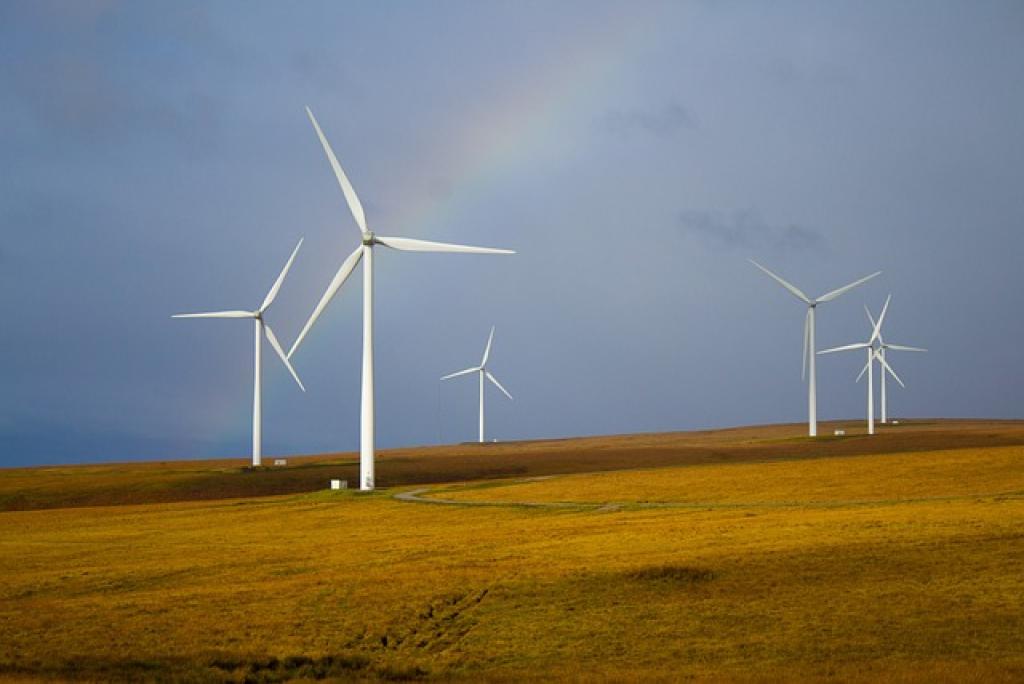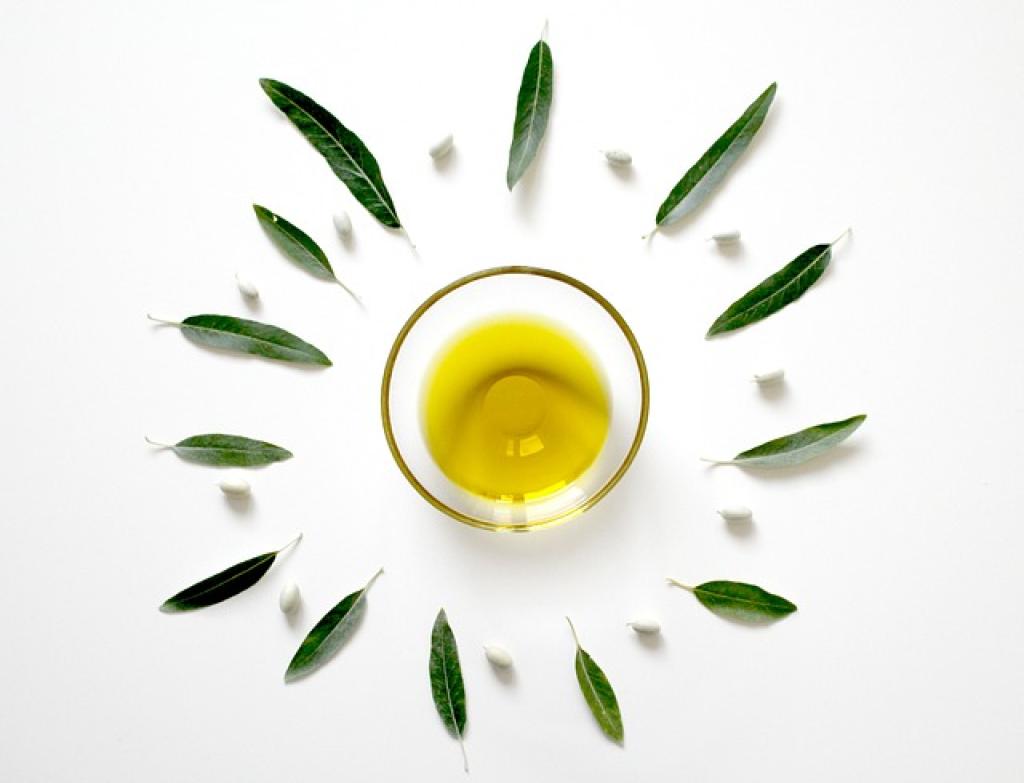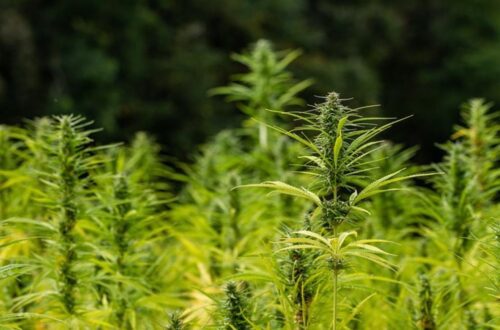Imagine a world where our everyday products are eco-friendly, and our planet thrives because of it. Hemp, a plant with a rich history, is paving the way for a brighter, greener future.
This powerhouse plant can be transformed into paper, textiles, biodegradable plastics, and even fuel! With its quick growth cycle and minimal need for pesticides, hemp is becoming a superstar in the realm of sustainability.
But that’s not all. Hemp also helps in soil recovery and combats deforestation. As we look towards the future, hemp has the potential to revolutionize industries and provide sustainable solutions for generations to come.
Let’s dive into the incredible ways hemp is changing our world and why it just might be the key to a sustainable future.
The Evolution of Hemp-based Products
Hemp has been around for centuries, transforming from a vital agricultural crop to a modern-day sustainability hero. In ancient times, civilizations used hemp for ropes, sails, and even paper. But the real magic began when people started recognizing its vast potential beyond the basics.
Fast forward to today, and the variety of hemp-based products is mind-blowing. From clothing and food to cosmetics and building materials, hemp is proving its versatility. Hemp fibers make durable, breathable fabrics, while hemp seeds are packed with nutrients, making them a popular superfood.
In the beauty industry, hemp oil is celebrated for its moisturizing and anti-inflammatory properties. Meanwhile, hempcrete, a building material made from hemp, is gaining attention for its eco-friendliness and insulation capabilities.
The innovations don’t stop there. Biodegradable plastics derived from hemp are stepping up as a sustainable alternative to traditional plastics. These advancements showcase hemp’s potential in reducing our reliance on fossil fuels and minimizing environmental impact.
As technology and ingenuity continue to evolve, so too will the possibilities for hemp-based products. It’s exciting to think about what the future holds for this remarkable plant and the sustainable solutions it brings to the table.
Hemp Farming Techniques for Sustainability
Hemp farming is gaining traction as a sustainable agricultural practice, and it’s not hard to see why. This resilient plant can grow in a variety of climates and soil types, making it a versatile choice for farmers looking to diversify their crops.
One of the best things about hemp is its ability to thrive without the need for synthetic pesticides and herbicides. This naturally pest-resistant plant helps reduce chemical runoff, which is a win for our water systems and overall ecosystem.
Soil Health and Crop Rotation
Hemp also plays a significant role in soil health. Its deep roots help prevent soil erosion and improve soil structure by breaking up compacted earth. Additionally, hemp’s ability to absorb heavy metals from the soil makes it a great candidate for phytoremediation—cleaning up contaminated soils.
To maintain a sustainable farming cycle, many farmers include hemp in their crop rotation systems. This practice helps manage soil fertility and reduces the buildup of pests and diseases, creating a healthier and more productive farm environment.
Water conservation is another area where hemp shines. Compared to conventional crops like cotton, hemp requires much less water to grow, easing the strain on our precious water resources. This is particularly beneficial in regions facing water scarcity.
As the demand for hemp continues to grow, so does the innovation in farming techniques. From organic farming practices to the use of drone technology for monitoring crop health, the future of hemp farming looks bright and sustainable. It’s all about making choices that benefit both the farmer and the planet, and hemp fits that bill perfectly.

The Environmental Benefits of Hemp Production
The environmental perks of hemp production go far beyond what you might expect. For starters, hemp is a powerhouse when it comes to carbon sequestration. This plant can absorb more CO2 from the atmosphere than trees, helping to combat climate change one field at a time.
Hemp’s fast-growing nature means it can produce more biomass in a shorter period compared to other crops. This rapid growth not only benefits the soil but also means we can harvest it more frequently without exhausting the land.
Waste from hemp production is practically non-existent. Almost every part of the plant can be used, which reduces the amount of agricultural waste. The fibers can be turned into textiles, the seeds into nutritious food, and even the stalks can be used for building materials.
Another significant benefit is the low impact on biodiversity. Hemp fields can support a variety of life, encouraging pollinators like bees. The reduced need for chemical inputs also means less disruption to local wildlife and plant species.
Not to mention, hemp’s natural resilience means fewer interventions are needed to keep it healthy. This resilience translates to less fuel consumption from machinery and lower greenhouse gas emissions from farming activities.
Lastly, when processed into biodegradable products, hemp helps tackle the global problem of plastic pollution. From packaging materials to disposable cutlery, hemp-based products can replace their plastic counterparts, leading to less waste and pollution in our oceans and landfills.
In short, hemp production offers a multitude of environmental benefits that make it a standout choice for sustainable agriculture. Whether it’s sequestering carbon, reducing waste, or supporting biodiversity, hemp is truly a green superhero.
Hemp As a Renewable Resource
When it comes to renewable resources, hemp is a frontrunner. Thanks to its rapid growth cycle, which can be as short as 100 days, hemp can be harvested multiple times a year. This quick turnaround makes it a fantastic renewable option for numerous industries.
Versatile Applications
One of the most exciting aspects of hemp is its versatility. The fibers can be transformed into eco-friendly textiles, bioplastics, and even construction materials like hempcrete. Meanwhile, the seeds serve as a rich source of nutrition, packed with proteins, healthy fats, and essential minerals.
Renewable energy is another promising avenue. Hemp biomass can be converted into biofuels, such as ethanol and biodiesel, offering a cleaner alternative to fossil fuels. This could play a significant role in reducing our reliance on non-renewable energy sources.
Hemp also has the potential to regenerate soil health. Its deep roots help to aerate the soil, which improves its structure and prevents erosion. Additionally, hemp can be used in crop rotation to naturally break pest and disease cycles, making it a valuable ally in sustainable farming.
Minimal Waste
Sustainability goes hand-in-hand with waste reduction, and hemp excels in this area. As mentioned earlier, every part of the hemp plant can be utilized, meaning very little goes to waste. This end-to-end usage makes hemp an incredibly resource-efficient crop.
Industries are increasingly recognizing hemp as a sustainable material that can be recycled and reused, further extending its lifecycle and reducing overall environmental impact.
Regulatory Hurdles and Future Opportunities
Despite its incredible potential, navigating the world of hemp is not without its challenges. One major roadblock is the regulatory landscape. Different countries, and even states within countries, have varying laws and guidelines regarding hemp cultivation, processing, and distribution. This patchwork of regulations can create confusion and slow down adoption.
In some places, hemp is still lumped together with other cannabis plants, making it subject to strict anti-narcotic laws. Even though hemp contains negligible amounts of THC, the psychoactive compound found in marijuana, these outdated regulations continue to hinder its widespread use.
Evolving Legislation
However, there’s light at the end of the tunnel. More regions are beginning to recognize hemp’s value and are updating their policies accordingly. The 2018 Farm Bill in the United States, for instance, legalized hemp at the federal level, providing a significant boost to the industry. Other countries are also following suit, slowly but surely dismantling hurdles.
Entrepreneurs and researchers are eager to seize the opportunities that lie ahead. With supportive legislation, investment in hemp-based startups is likely to grow, fueling more innovation and lowering costs. This can make hemp products more accessible to consumers and businesses alike.
The integration of hemp into mainstream markets offers promising future prospects. Whether it’s as a sustainable alternative material or a renewable energy source, hemp’s potential is vast and varied. As regulations ease and awareness grows, we can anticipate a surge in hemp-based solutions that benefit both the economy and the environment.
Empowering Communities Through Hemp Cultivation
Hemp‘s resurgence is not just a win for the environment—it’s also a powerful tool for social and economic empowerment. By introducing hemp cultivation to marginalized and rural communities, we can foster local economic growth and create new job opportunities.
Farming hemp is relatively low-cost and low-maintenance, making it an attractive option for small-scale farmers. Unlike many other crops, hemp thrives in diverse climates and soils, providing a reliable livelihood for communities that might otherwise struggle with traditional agriculture.
Beyond farming, hemp processing and product manufacturing offer additional economic benefits. From textiles to biofuel, the hemp industry provides a wide array of employment opportunities at various skill levels. This not only helps reduce unemployment rates but also promotes skill development and local entrepreneurship.
Besides this, hemp cultivation can have a positive ripple effect on local economies by encouraging ancillary businesses. Think of equipment suppliers, transportation services, and marketing firms—the entire supply chain benefits from the growing hemp industry.
Socially, the inclusive nature of hemp farming can empower underrepresented groups. By offering entry points into agricultural and industrial markets, hemp helps level the playing field, promoting greater equality and economic stability.
In essence, hemp cultivation holds the promise of being much more than just an agricultural activity. It can serve as a catalyst for community development, provide economic opportunities, and enhance social cohesion. As more areas embrace hemp, the potential for positive change only grows.
The Bottom Line: Hemp’s Integral Role in Sustainable Development
Hemp is more than just a versatile crop—it’s a key player in the fight for a sustainable future. From its environmental benefits to its economic and social potential, hemp cultivation offers a multifaceted approach to tackling some of our most pressing global challenges.
Environmentally, hemp stands out as a green superhero. Its ability to absorb CO2, improve soil health, and replace more polluting materials makes it a cornerstone of eco-friendly practices. Farmers and industries alike can benefit from its sustainable properties, promoting a healthier planet for future generations.
Economically, hemp paves the way for robust community development. By offering diverse job opportunities and supporting local enterprises, it helps strengthen and stabilize economies, especially in marginalized areas. This can lead to more inclusive growth, where all community members have the chance to thrive.
Socially, the impact of hemp is profound. Empowering communities through agriculture and providing employment brings people together, fostering a sense of purpose and solidarity. In this way, hemp contributes not just to the economy, but also to the social fabric of communities.
In conclusion, the role of hemp in sustainable development is undeniable. By embracing this remarkable plant, we can create a more sustainable, equitable, and prosperous world. If we continue to invest in and support the hemp industry, we’ll be taking crucial steps toward a greener and more inclusive future.
Let’s harness the power of hemp and unlock its potential to make positive changes in our world.






